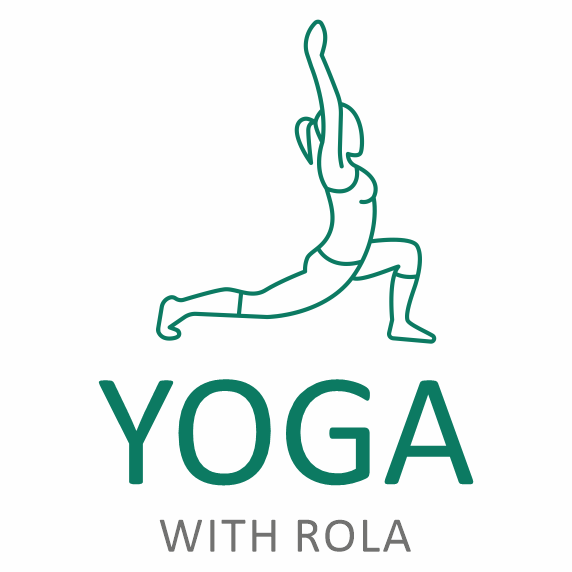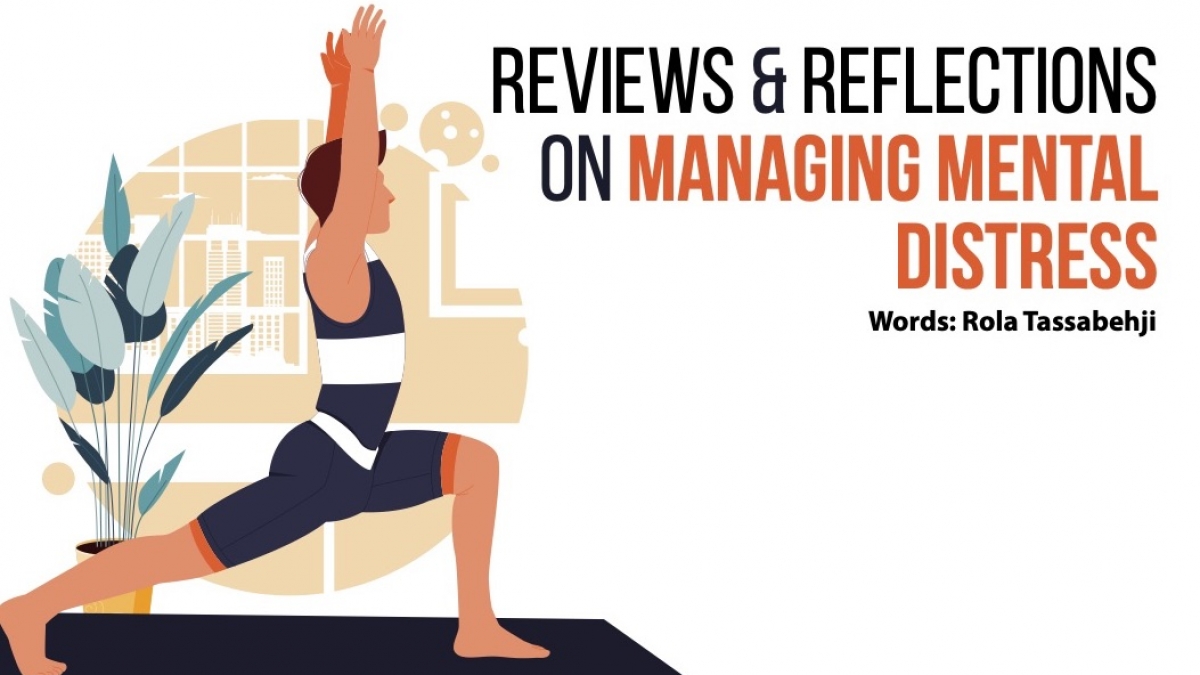As featured in UK’s Yoga Magazine, August 2021 issue
Scientific research confirming the benefits of yoga on mental health has been growing in recent years. Yet the alarming surge of young adults suffering from various forms of mental health situations — made worse by the added stress caused by COVID-19 — merits a revisit of the role of yoga in improving mental health.
Growing unease among the young
According to the Centers for Disease Control and Prevention , more than two in five U.S. residents report struggling with mental or behavioral health issues associated with the coronavirus disease 2019 (COVID-19) pandemic, including anxiety, depression, increased substance use, and suicidal thoughts. Groups disproportionally affected by COVID-19 related stress include the younger generation (ages 18-29) and minority communities. Another recent OECD study found that young people’s (15 to 24-year-olds) mental health has worsened significantly in the last year. In Belgium, France and the United States, in March 2021, this group is 30% to 80% more likely to report symptoms of depression or anxiety than adults. Young people are also reporting higher levels of loneliness, while the impact of COVID 19 on labour markets is disproportionately affecting them.
The same study cites how the closure of schools and educational institutions has created a greater risk of mental health issues going unidentified. As a result, stigma, misdiagnosis, substance abuse, and misinformation are weighing heavily in the lives of the young generation during these critical formative years.
Yoga and mental health
With its emphasis on the mind-body connection, it is hardly surprising that a regular yoga practice brings mental benefits such as reduced anxiety and depression. Scientific research confirming the connection is increasing. Recent research from Harvard Medical School shows yoga can make the brain function better. More specifically, it was found to strengthen parts of the brain that play a key role in memory, attention, awareness, thought, and language — a form of “weightlifting” exercise for the brain. Findings from another recent university student study in Norway suggests that regular yoga has a “moderately large and lasting effect, at least for some months, reducing symptoms of distress and improving sleep quality among students.”
More long-term randomized control trials involving larger sample groups are required to reach definitive conclusions on the effectiveness of yoga on adolescents after a year of COVID-19. However, what is certain is that yoga, taken part of an integrated recovery plan, can contribute to faster recovery.
How yoga can help
As a yoga teacher and yoga therapist with a growing number of young clients suffering from a range of mental health conditions, I have witnessed first-hand the beneficial effect of regular yoga practice in the healing journey. My experience is that the process is different for each individual. Movement and a vigorous practice might work for some, but a quieter, more meditation-focused practice might be better suited for others.
Regardless of the yoga style chosen, here are other reasons why I remain optimistic about the power of weaving in this ancient mind-body practice in other Western treatments like Cognitive Behavioral Therapy — which remains one of the most effective methods of treating patients with mental health issues.
• While there are many paths and types in yoga, the end destination is the same, namely finding the true self through greater self-awareness. Yoga, in all its forms, does not separate mind and body. The practice should ideally incorporate many elements known to reduce anxiety symptoms, including physical exercise, breathing, meditation, and mindfulness. But while one path may emphasize one aspect of yoga, the practice is a journey where the different elements eventually meet. As M.K. Gandhi said, “The paths are many, but the truth is one.”
• Yoga helps cultivate patience. Mental health issues are often complicated, and recovery is generally slow, non-linear, and requires a great deal of self-
introspection and vulnerability. Asanas, or physical postures, combined with a mindful movement of breath, can help in this process by instilling a feeling of stillness, allowing patience to surface in different aspects of life off the mat.
• Yoga keeps you in the present moment. To address heightened stress and
anxiety experienced during the pandemic, regular breathing practices and
meditation are proven techniques to calm and center the mind. Fear of infection from socializing, illness or death of loved ones, loss of income or housing, loneliness due to isolation, or disruption in career paths are all weighing heavily on this generation. But with the different breathing and meditation apps available, these mind-body skills are also more accessible than ever.
• Yoga is deeply personal yet also a community-based practice. As someone who began the yoga journey as a way to deal with emotional anxiety and panic attacks, the yoga studio and the students’ energy in the room had a profoundly therapeutic effect on me. While the online experience does not have the same tangible impact, moving in synchronicity with others, even though computer screens, helps build a sense of community that can encourage mental wellbeing. Even when practicing alone, yoga offers an opportunity to cultivate a sense of connection within a community that shares similar values.
• The demographics work in yoga’s favor: Generation Z (or Gen Z, born between 1996 and 2010 and accounting for 32% of the world’s population) may be one of the most depressed generations. But there is a clear synergy between what they value and yoga principles to health and wellness.
According to research, more than two-third of Gen Z see links between mental, emotional, and physical wellbeing. Compared to previous generations, they are also more likely to practice mindfulness or meditation and are more conscious about sustainability and lifestyle choices — all of which resonate well with yoga principles.
If you are still reading this article, there is a good chance that you or someone you know is yearning for help and willing to explore all the tools available to promote mental health. As scientific research catches up with the growing evidence of the connection between yoga and mental health among adolescents, using yoga as one way to explore the complex inner
mental processes is certainly worth a try.
Whether practiced online or in in-person class, with a meditation or movement-based focus, this ancient practice remains an inexpensive, safe, and potentially very beneficial approach to complement an overall medical treatment plan — particularly for a generation struggling with social expectations, economic pressures, and a public health crisis.



Add a Comment